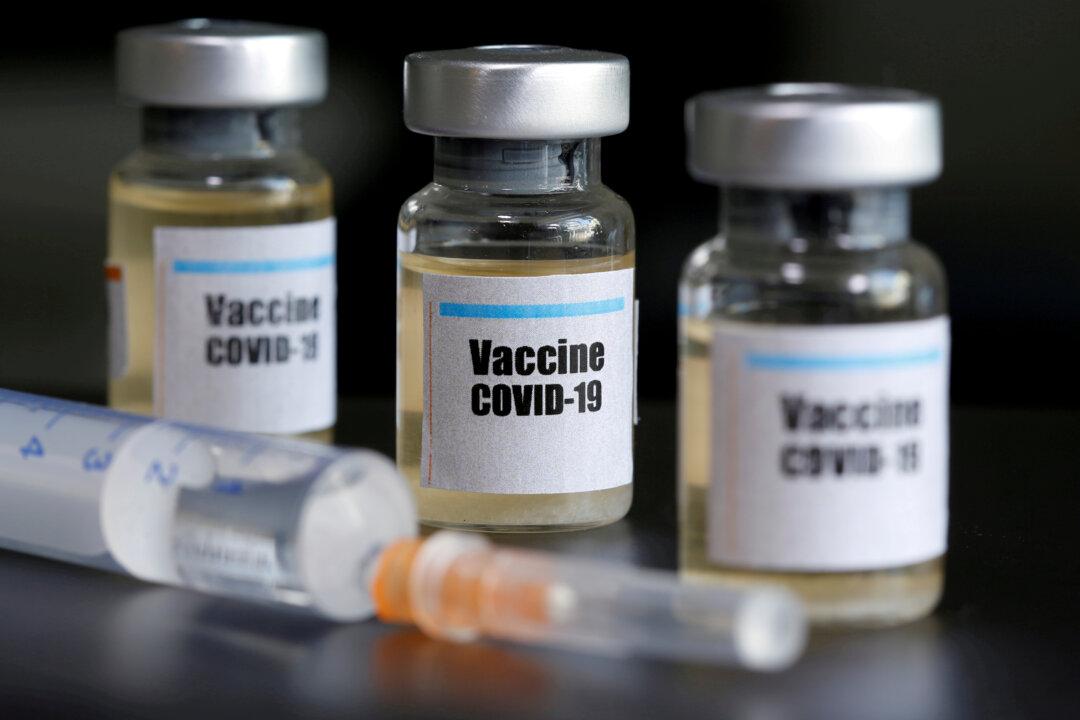People may need to prove they have been vaccinated against the CCP virus before they are allowed to enter restaurants or entertainment venues after the roll-out of COVID-19 vaccines, a British government minister said on Monday.
Nadhim Zahawi, who was named by Prime Minister Boris Johnson as the minister overseeing the deployment of CCP (Chinese Communist Party) virus vaccines over the weekend, said the jabs will not be compulsory but people will come under pressure to get vaccinated.





